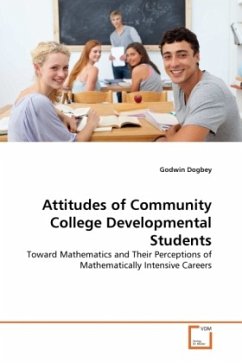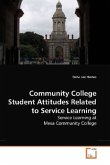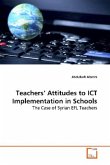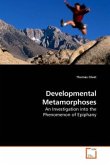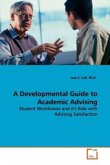This monograph examines attitudes toward mathematics and mathematically-intensive career perceptions of developmental students at community colleges in a large Midwestern state in the U. S. Attitudes are important because of their ability to predict behavior (Fishbein & Ajzen,1970). Incentives to study mathematics or pursue mathematically intensive careers exist. But, mathematics attrition rate is still high and many students enter college with deficiencies. Over 60% of 2-year College mathematics students are enrolled in developmental courses (Lutzer, Rodi, Kirkman & Maxwell, 2007). Developmental students are often regarded as weak in abilities and attitudes. Are these characterizations of them always the case? This question and others are explored to provide instructors, educational leaders, and policy-makers deeper understanding of the mathematical attitudes of the developmental students. It offers a prism through which such students' perceptions of mathematically intensive careers together with their attitudes can be viewed and contextualized for instruction, interventions, and policy.
Bitte wählen Sie Ihr Anliegen aus.
Rechnungen
Retourenschein anfordern
Bestellstatus
Storno

